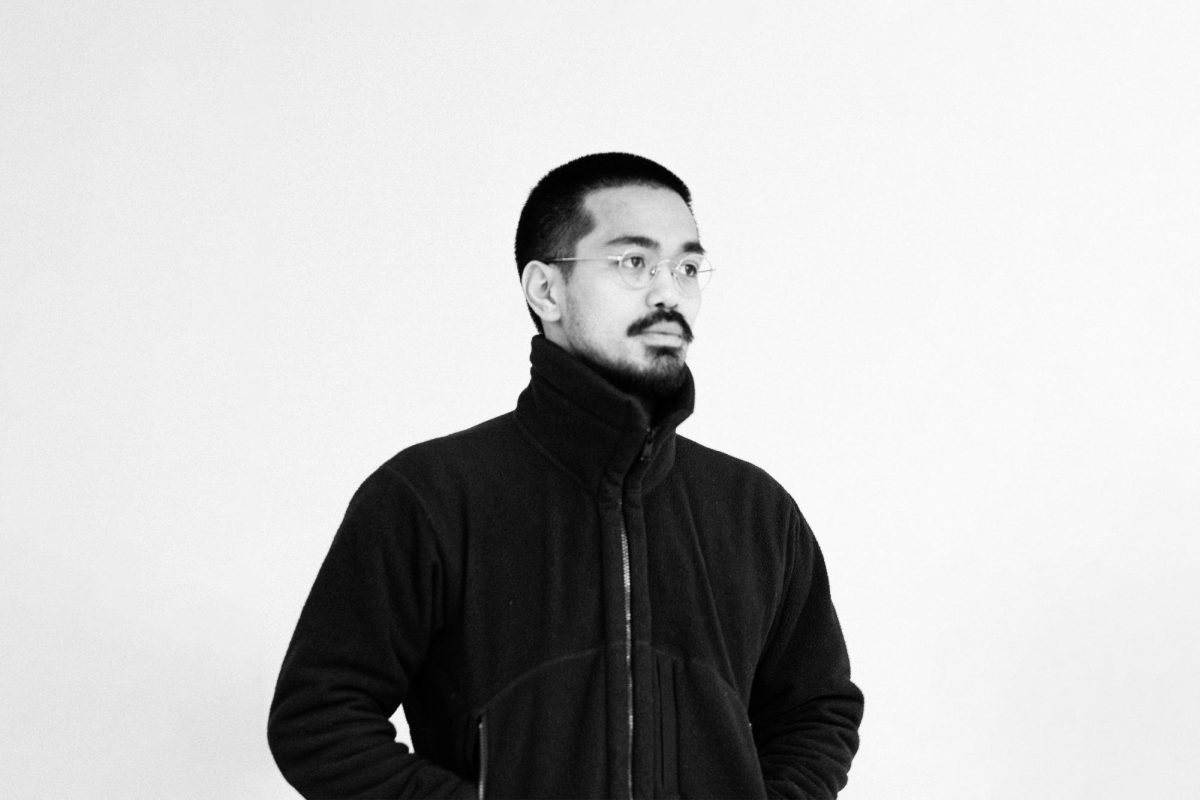Based in both New York and Tokyo, Japanese American filmmaker Neo Sora is a relative newcomer to the world of cinema. Named one of the “25 New Faces of Independent Film” by Filmmaker Magazine in 2020, Sora has primarily made narrative shorts like “The Chicken,” as well as documentary features like “Ainu Neno An Ainu,” a project he co-directed with documentary photographer Laura Liverani.
Now playing at the Lincoln Center for the Performing Arts, his latest feature, “Ryuichi Sakamoto | Opus,” intimately captures every note of a legend’s swan song. Having passed away in March of last year, Sakamoto, who is also Sora’s father, was a musical pioneer, composing avant-garde electronic pop songs and iconic film scores. In 2022, at the tail end of Sakamoto’s long-standing battle with cancer, performing a live concert became physically untenable for the artist. Thus, the father-son duo embarked on a cinematic mission to capture one final performance, recording 103 minutes of Sakamoto’s most memorable piano solos. The concert film is not only a heartfelt ode to the late Sakamoto but also a deeply moving musical performance in its own right.
In an interview with WSN, Sora talked about the making of his newest film.
This interview has been edited for length and clarity.
WSN: You’ve previously spoken about how one of the central sonic and visual themes of the film is the passage of time throughout the day. The change in lighting throughout the film reflects the position of the sun, going from sunrise to sunset. Why did this concept stick out to you?
Sora: I came up with this unifying concept of the film of representing the passage of time in one day, but that was also responding to Sakamoto’s fascination and interest in the concept of time. He was really fascinated with the question of whether or not time exists and whether or not time can be perceived differently by different sorts of beings or animals.
Originally, the unifying idea of the passage of time in a day was more like a lighting thing, right? We were going to light the stage in a way that represented this. But once I told Sakamoto about this concept, he actually took it in and responded to it by rearranging some of the songs depending on whether or not they fit different phases of time.
WSN: Aside from the musical performances, the camera also often lingers on the pauses between each track — shifting sheet music, deep breaths and close-ups on Sakamoto’s face. Why did you decide to leave these little details and mannerisms in the film, as opposed to just focusing on the songs?
Sora: Each of those moments, for me, has a slightly different function. The one you’re probably reacting to, is the moment right before “Tong Poo,” where he’s practicing that song a little bit and the cameras are really close up on his face. For that scene, the film gives very little context to let people know how ill he is. It’s hard to tell what he’s going through, and I thought the film should have one small moment that really acknowledges how tough the filming process was on his body.
For some of the other moments you’re talking about, like the sheet music, there were certain moments where we just kind of kept the cameras rolling. To me, that really captures the feeling that is happening live in front of our eyes. We kept those in because that’s something that you get from a live concert, those in-between moments. Obviously, it’s in a cinematic format, but I was trying to represent the feeling of a live concert through the film.
WSN: Given Sakamoto’s status in the music world, were you making this film with his global fanbase in mind?
Sora: I didn’t necessarily intend to make a film for fans. But I also understand how, if you have been a fan for a very long time and know his music really well, you will probably pick up on more things than somebody who hasn’t. The reason for that is because the film intentionally doesn’t give you any context behind the concert — it doesn’t give you any narrative hooks to understand the person better. That’s something that we definitely struggled with a lot.
I don’t need the context behind the person’s life to be struck in an emotional way. If your friend takes your friend who’s followed the musician a lot, they can tell you why this particular performance of this one song was so amazing. But even without that context, music has the ability to communicate emotion in, maybe one of the most, raw, indirect ways. If you’re not necessarily burdened by the desire for concepts or narrative, there’s actually a lot in here that tells a story.
Contact Mick Gaw at [email protected].






















































































































































